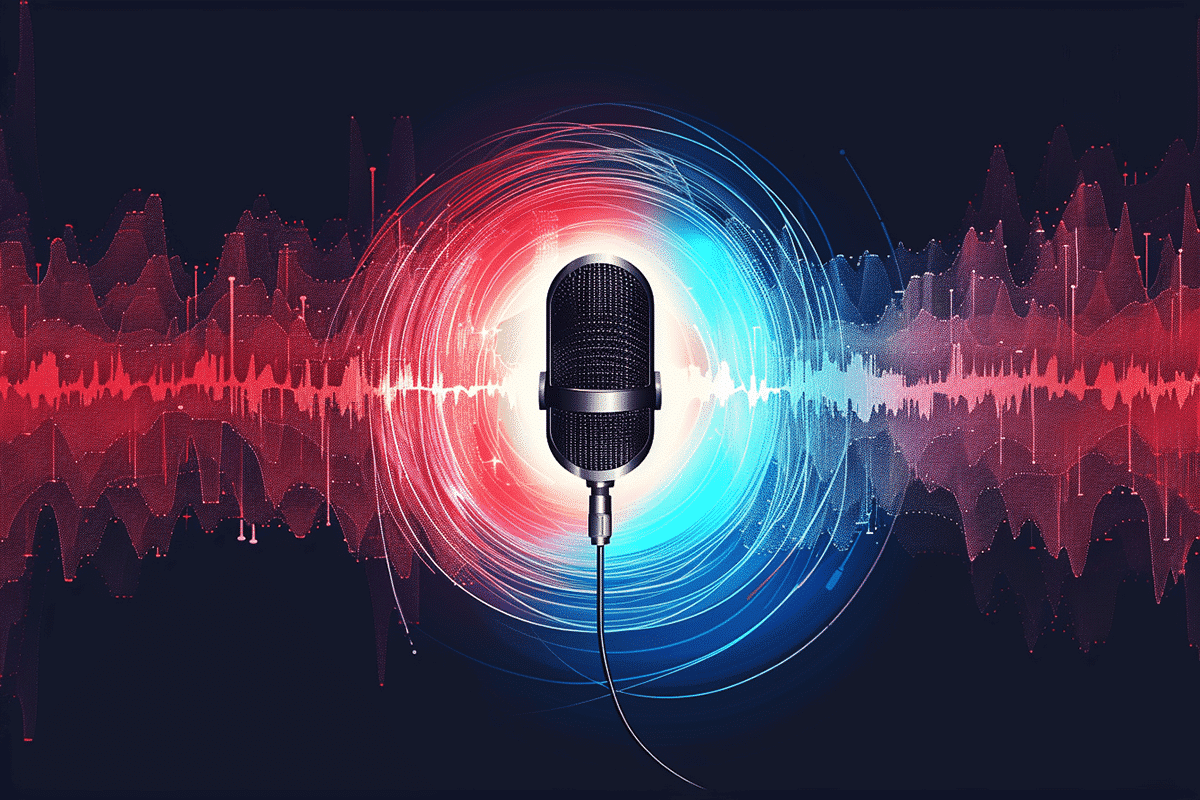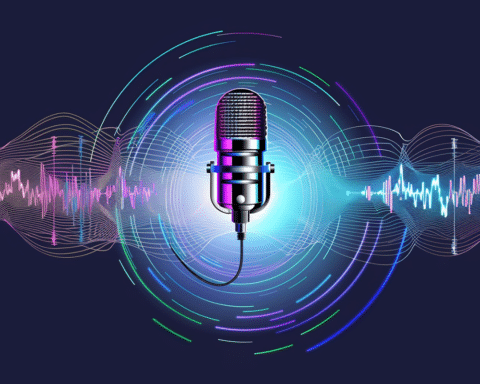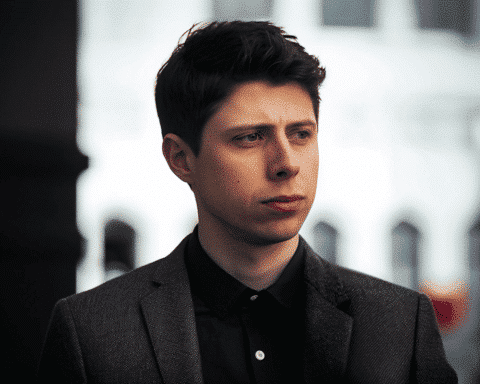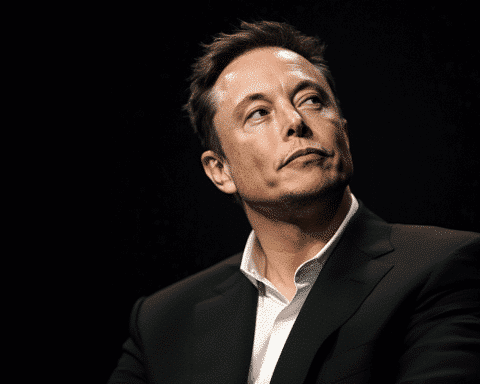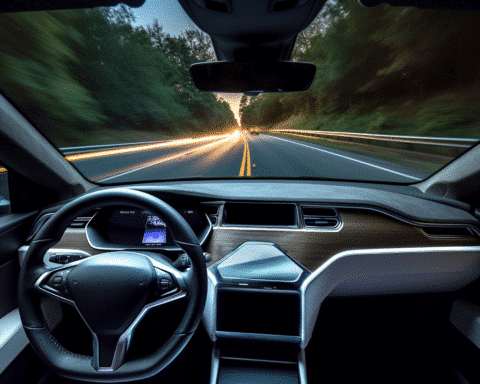In a recent turn of events, Hollywood actress Scarlett Johansson has voiced her shock and discontent over a synthetic voice released with an update to OpenAI’s ChatGPT, finding it strikingly similar to her own. The statement, shared with CNN, highlights Johansson’s disbelief at the utilization of a voice so closely resembling hers without her consent.
The controversy arose after comparisons were drawn between the synthetic voice, dubbed “Sky,” and the fictional voice assistant portrayed by Johansson in the movie “Her.” Critics lambasted Sky for its overly familiar and flirtatious tone, with some suggesting it catered to a male fantasy.
Johansson disclosed that OpenAI CEO Sam Altman approached her last September with an offer to voice the ChatGPT 4.0 system, which she declined for personal reasons. Despite her refusal, Altman allegedly contacted Johansson’s agent days before the demo release, prompting Johansson to seek legal counsel. OpenAI subsequently agreed to remove the Sky voice following letters from Johansson’s counsel.
Altman has since denied intentional resemblance to Johansson, asserting that Sky’s voice belongs to a different actress. OpenAI aims to create approachable voices that inspire trust, emphasizing the importance of pausing the use of Sky while addressing concerns.
The incident has reignited discussions about biases in technology, particularly in products developed by predominantly White male-led companies. The criticism surrounding Sky underscores broader societal concerns about the representation and portrayal of voices in AI systems.
Additionally, the controversy coincides with scrutiny over OpenAI’s safety practices, sparked by a departing employee’s critique of the company’s priorities. Concerns have been raised regarding the emphasis on “shiny products” over safety, prompting Altman to acknowledge the need for improvement in safety culture.
Greg Brockman, President of OpenAI, outlined the company’s approach to long-term AI safety, emphasizing the importance of awareness, analysis, and rigorous testing. Despite recent restructuring efforts that saw the dissolution of a safety-focused team, OpenAI remains committed to addressing safety concerns and integrating safety measures into its research and development processes.
As the debate surrounding synthetic voices and AI safety continues, there is a growing consensus on the need for transparency and regulation to protect individual rights and ensure ethical development practices in the field of artificial intelligence.
Scarlett Johansson’s confrontation with OpenAI over the synthetic voice in ChatGPT serves as a reminder of the complex ethical and legal implications of AI technology. The incident underscores the importance of accountability, consent, and diversity in the development of AI systems, as well as the ongoing need for robust safety measures and regulatory frameworks to guide the responsible deployment of artificial intelligence in society.
